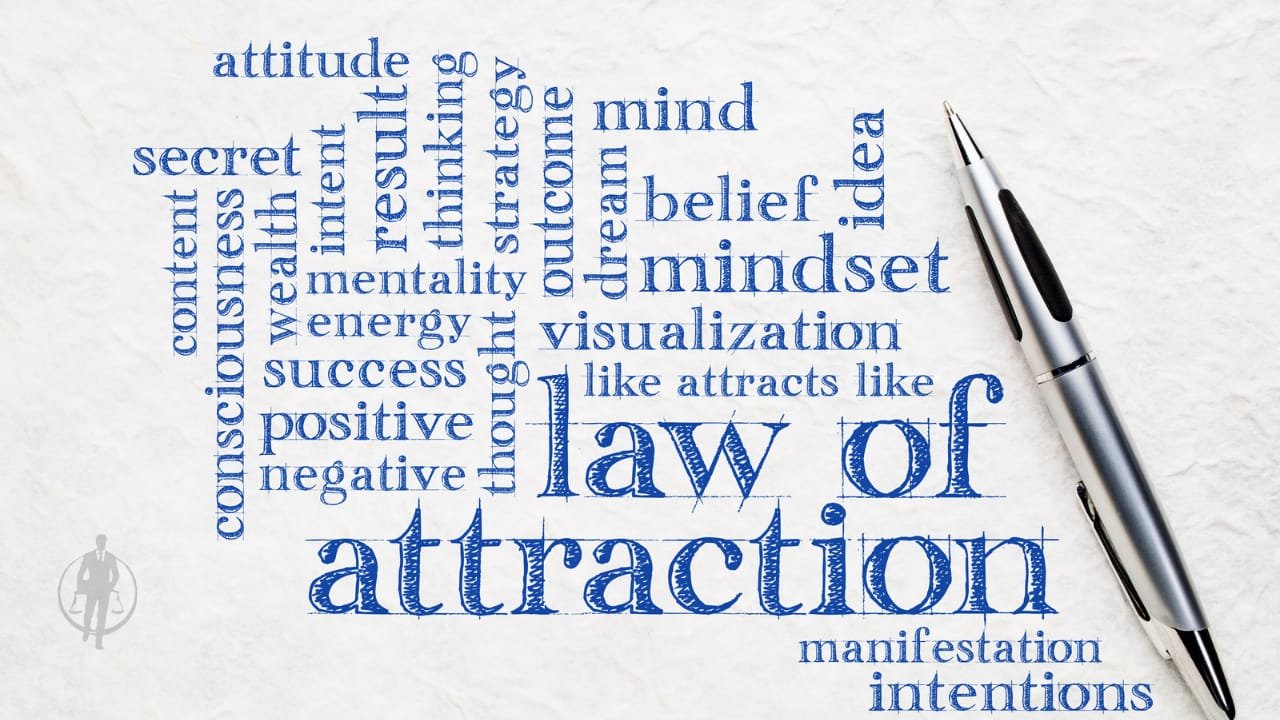Introduction of 48 laws of power
In the intricate dance of human interaction, power is a central force that shapes relationships, societies, and destinies. Robert Greene’s seminal work, “The 48 Laws of Power,” serves as a blueprint for understanding and harnessing this elusive force. Each law encapsulates timeless principles gleaned from history, psychology, and observation, offering insights into the art of influence and manipulation. In this comprehensive guide, we delve into the essence of each law, exploring its key features, pros and cons, and their implications in modern life.
Key Features of 48 laws of power
- Historical Examples: Each 48 Laws of Power law is illustrated with compelling anecdotes drawn from history, ranging from the courts of ancient empires to the boardrooms of contemporary corporations.
- Psychological Insights: Greene delves into the psychological underpinnings of power dynamics, shedding light on the motivations and behaviours that drive human interaction.
- Practical Applications: The 48 laws laws of power are not merely theoretical constructs but practical strategies for navigating the complexities of social and professional life.
- Ethical Considerations: While some laws may seem Machiavellian in nature, Greene encourages readers to approach them with discernment and ethical awareness.
Pros
- Insightful Analysis: Greene’s exploration 48 laws of power dynamics offers profound insights into human nature and social dynamics.
- Practical Wisdom: The laws provide actionable strategies for achieving success and exerting influence in various spheres of life.
- Engaging Narrative: Historical anecdotes and contemporary examples captivate readers, making complex concepts accessible and relatable.
- Timelessness: The principles outlined in the 48 laws of power transcend time and culture, remaining relevant in diverse contexts.
Cons
- Ethical Ambiguity: Some laws advocate tactics that may be perceived as manipulative or unethical, raising moral concerns for conscientious readers.
- Potential Misuse: In the wrong hands, the 48 laws of power could be wielded as tools of exploitation or manipulation, leading to negative consequences for individuals and society.
- Lack of Nuance: The black-and-white delineation of certain principles overlooks the nuances of real-life situations, necessitating a discerning interpretation.
- Limited Scope: While powerful in their own right, the laws offer a partial view of power dynamics, overlooking alternative paradigms such as collaborative leadership and empathy-driven influence.
Final Thought
Navigating the terrain of 48 laws of power requires a delicate balance of strategy, ethics, and self-awareness. While the 48 laws of power offer invaluable insights into the nature of power, they are but one facet of a complex tapestry. Ultimately, true mastery lies not in blind adherence to rules, but in cultivating a nuanced understanding of human nature and leveraging power for the greater good.
FAQ
Q: What are the 48 Laws of Power?
A: The 48 Laws of Power are a set of principles outlined in Robert Greene’s book of the same name, which explores the dynamics of power and influence in various contexts.
Q: Are the 48 Laws of Power applicable in modern society?
A: Yes, the principles outlined in the book are timeless and can be applied in various social, professional, and personal contexts.
Q: Are the 48 Laws of Power morally sound?
A: While some laws may raise ethical concerns, it is essential to approach them with discernment and ethical awareness, considering the broader implications of one’s actions.
Q: Can the 48 Laws of Power be used for positive ends?
A: Absolutely. While some laws may seem Machiavellian, they can also be leveraged for constructive purposes such as leadership development, negotiation, and personal growth.
Q: Are the 48 Laws of Power based on historical examples?
A: Yes, each law is accompanied by historical anecdotes and examples that illustrate its application in real-life situations throughout history.
Q: Can the 48 Laws of Power be applied in personal relationships?
A: Yes, many of the laws can be applied to interpersonal dynamics, including romantic relationships, friendships, and family interactions.
Q: Are the 48 Laws of Power meant to be followed strictly?
A: The laws are meant to serve as guidelines rather than rigid rules, allowing individuals to adapt them to their unique circumstances and objectives.



